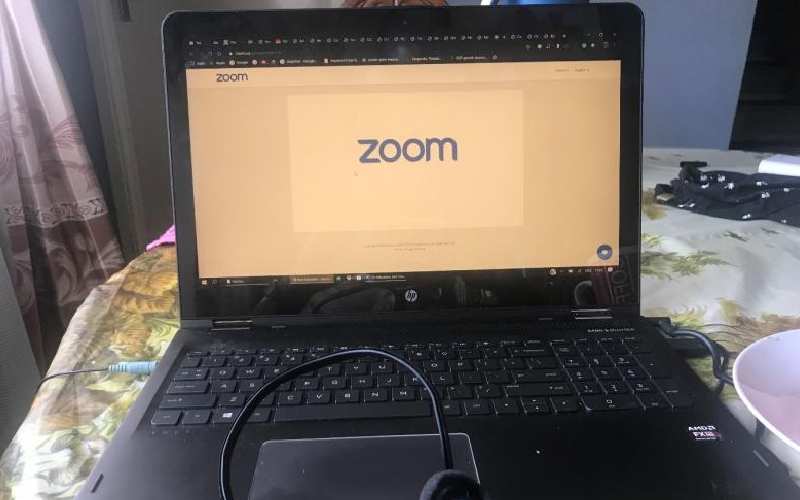×
The Standard e-Paper
Join Thousands Daily

The drama over online classes in both public and private institutions is uncalled for; it’s a distraction from the core of education - the content.
The big debate that has ended up in the courts seems to suggest that the road is more important than the cars, the pipes are more important than the water and chewing is more important than the food.